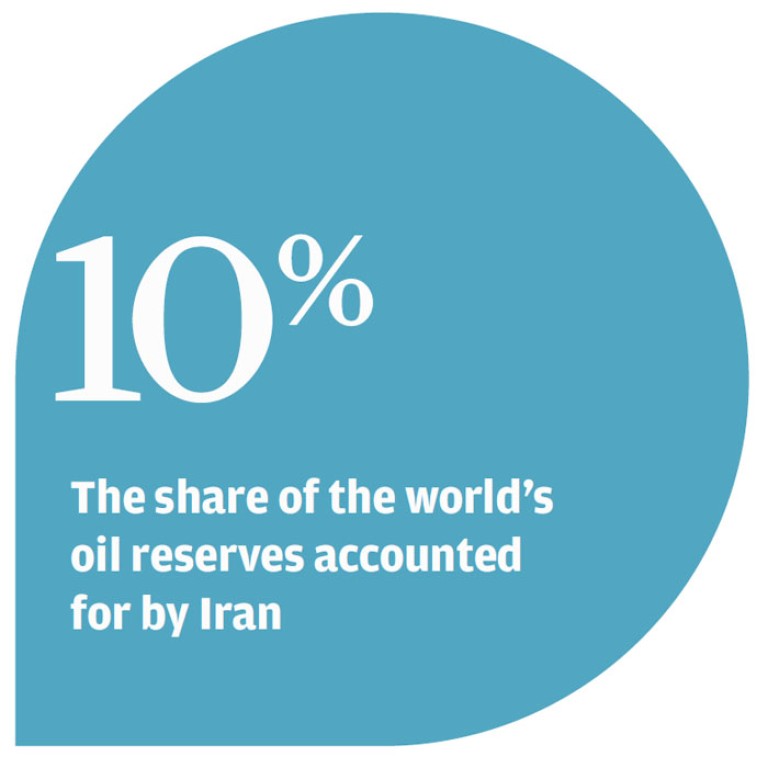
Tehran protests over collapsing rial pose no threat to regime, say analysts
The protests that have rocked Tehran over Iran's plunging currency expose an undercurrent of tension and the effects of sanctions, analysts say, but do not yet signal a real threat to the regime.

"People are not happy with the economic sanctions but will that push them to overthrow the regime? I don't think so," said Thierry Coville of the Paris-based Institute of International and Strategic Relations.
The protests erupted on Wednesday after the rial hit an all-time low against the dollar and shed around 40 per cent of its value, as Western sanctions exacerbate Iran's underlying economic problems.
Money changers said virtually no transactions were taking place in the market, making any valuation unreliable, but the rate was estimated to be about 36,000 rials to the dollar.
The fall has made it harder for ordinary Iranians to afford basic goods and seen import businesses lose millions of dollars.
On Wednesday, hundreds of police flooded central Tehran, closing foreign currency exchanges and rounding up unlicensed money-changers. Scuffles broke out with stone-throwing men, rubbish dumpsters were set alight and 16 people were arrested.
The rare display of public anger prompted Israeli Foreign Minister Avigdor Lieberman to suggest: "The Arab Spring will be followed by a Persian Spring, instability is spreading in Iran, and not just in Tehran."
Western officials said the protest was a sign that pressure is having an effect.
"The sanctions are biting," said a senior European official. The goal, the official said, is "to bring the (Iranian) economy to its knees" and European officials are working on a new set of sanctions that may be passed this month.
But experts were cautious.
"After the protests were violently crushed following the fixed elections in 2009, Iranians do not want to go back to the streets. They're in a holding position," said Francois Nicoullaud, a former French ambassador to Iran.
The US and European Union have ratcheted up their sanctions on Iran this year to force it to curb its nuclear programme, which they suspect includes a drive to develop nuclear weapons.
Iran, which says its nuclear activities are purely peaceful, has had its vital oil exports severely cut as a result, and is struggling to repatriate the billions of dollars its crude sales generate.
President Mahmoud Ahmadinejad called the crisis a "psychological war on the exchange market" imposed by the West, but critics pointed fingers at Iran's monetary policies, which discourage bank deposits and have failed to reverse sky-high inflation and unemployment.
